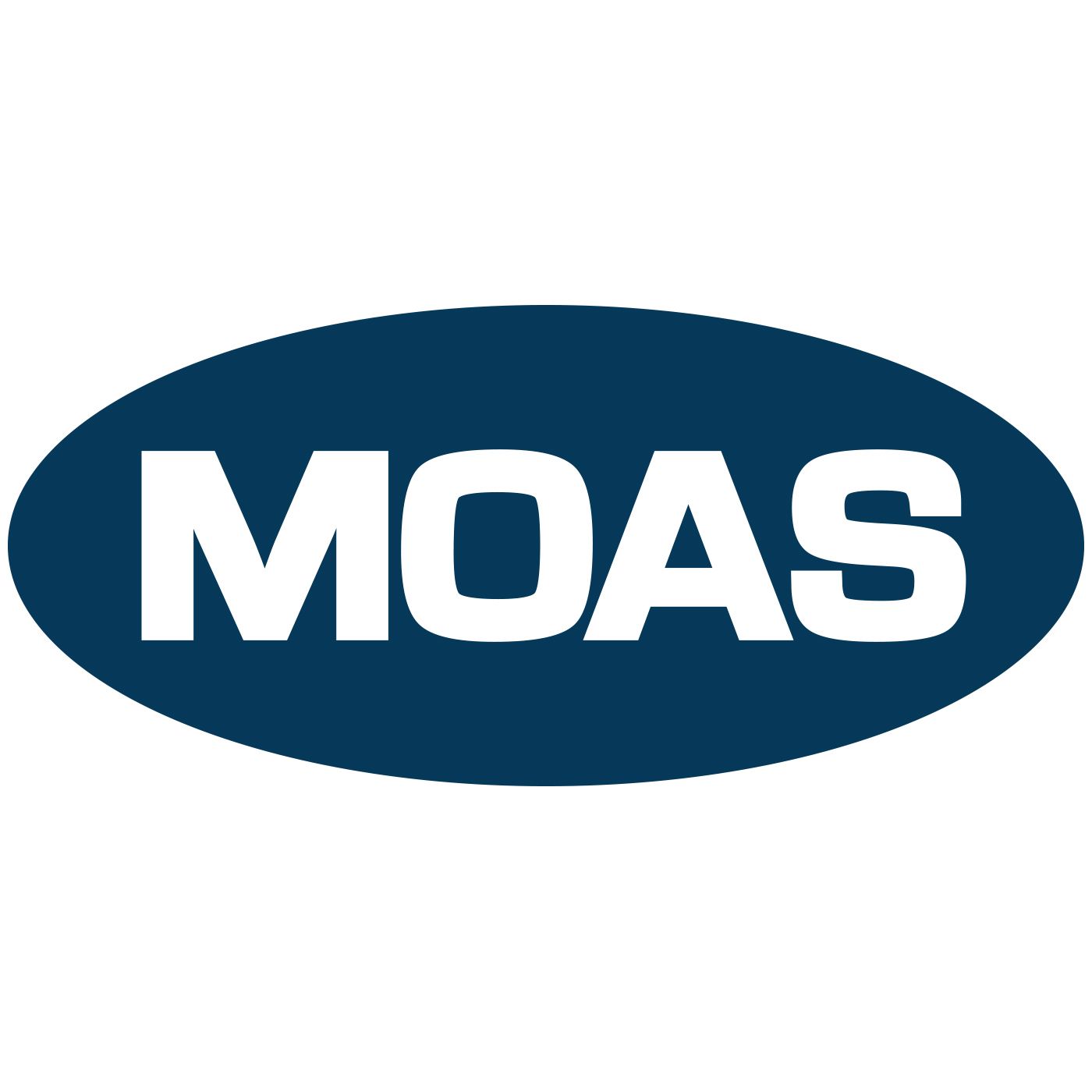15: Yemen Operations
Description
Hello
Hi and welcome to the latest MOAS podcast where we'll be talking about MOAS's operations in Yemen.
We'll also be speaking to Don Magbanua the manager of Strategic Partnerships and Resource Mobilization at ADRA Yemen who'll be giving us some insights on what it's like to provide assistance on the ground in Yemen today. I'm Ruby.
And I'm Kate
OK so we'll start by just providing a bit of context. Kate, could you give us a brief background to what's been going on in Yemen?
Since 2015, Yemen, which already the poorest Arab state, has been ravaged by civil war which the UN has been calling the world's worst man made humanitarian disaster. The war has developed into a complex protracted conflict with multiple armed groups over 30 front lines and multiple external forces exerting their own political will and power within the country. The human costs have been simply immense.
They think that nearly 100,000 people have been killed in the conflict so far. Which is just unimaginable tragedy. And among the survivors, 2.2 million of them have been forced to leave their homes and find safety in other parts of Yemen.
We call these internally displaced peoples or IDPs. And these civilians are in desperate need of humanitarian assistance.
Following on from a close working relationship with ADRA in Bangladesh, delivering aid and providing healthcare in the refugee camps of Cox's Bazar, we once again partnered up with ADRA for a new mission in Yemen.
ADRA is an international NGO that's been established in Yemen since 1995. That's an amazing 14 year commitment to the Yemeni people. They're active across 14 governates in sectors like food security, WASH, education and health and it's a real privilege to partner with them in Yemen and contribute in a small way to their incredible work. So now it's time to hear from Don who kindly agreed to answer some questions we had about working in Yemen.
First, we asked him about the kind of challenges that ADRA other humanitarian organisations face.
The main challenges with providing humanitarian assistance in Yemen is linked to the access constraints that humanitarian organisations face. In Yemen, there are challenges that we deal with security, with authorities, with funding availability, that hinder us from providing much needed aid in Yemen.
There Don touched on some of the issues facing our humanitarian work in Yemen.
Actually, even prior to the civil war, Yemen was already importing 80-90% percent of its staple foods. And now, with blockades and armed violence, delivery routes have become almost impossible, certainly dangerous and unpredictable.
Absolutely and there are 10 million Yemeni civilians now reliant on food aid for survival, additionally a third of the bombing targets in Yemen have been civilian - such as schools hospitals, community centres and this instability has led to a breakdown in infrastructure, And also the frontlines of the conflict are always shifting, which means that it’s hard for aid groups to access populations that are most in need because of continuing instability and violence in different regions.
So earlier we mentioned that the conflict in Yemen has become a protracted crisis. The concept of a protracted crisis was actually explored last month in the latest series of blogs on the MOAS website, do check it out if you get chance. So UNHCR defines a protracted crisis as lasting five years or more without an end or resolution in sight.
Yeah, it’s an extremely complicated situation, there's multiple armed groups, ongoing instability and this conflict is really having a devastating impact on Yemeni civilians
So next we asked Don how this affects healthcare systems in Yemen
The protracted nature of the conflict in Yemen is adversely affecting the healthcare systems because salaries are not being paid, medications, va
More Episodes
Published 04/25/22
Maria Luisa Catrambone, Portavoce di MOAS e ideatrice dell'app MOAS, racconta il processo creativo che ha portato alla realizzazione dell'app e sottolinea l'importanza della trasformazione digitale, come strumento a supporto delle ONG.
L'app è disponibile su App Store e Google Play.
Published 04/25/22
Listen to Maria Luisa Catrambone, MOAS Spokesperson and creator of the MOAS App, as she takes us through the process behind its creation and shares her vision on how digital transformation can support NGOs.
The app is available on Apple Store and Google Play!!
Published 04/18/22


